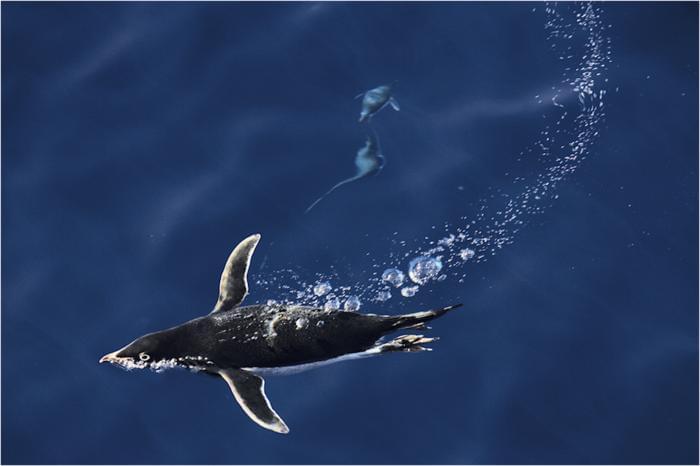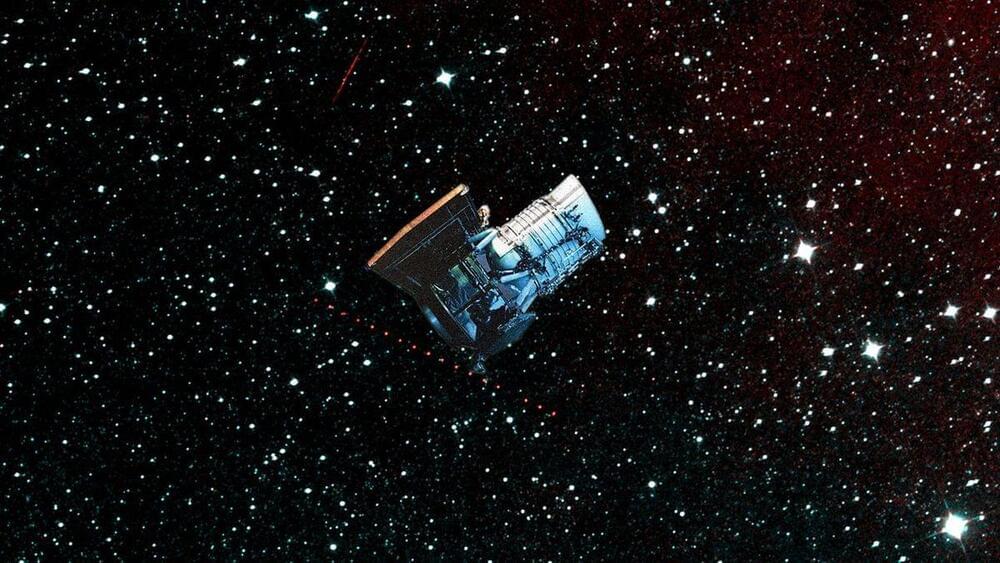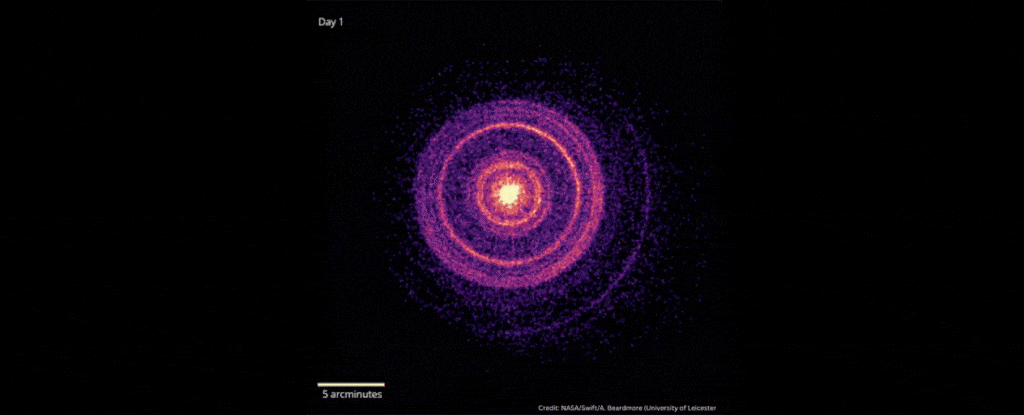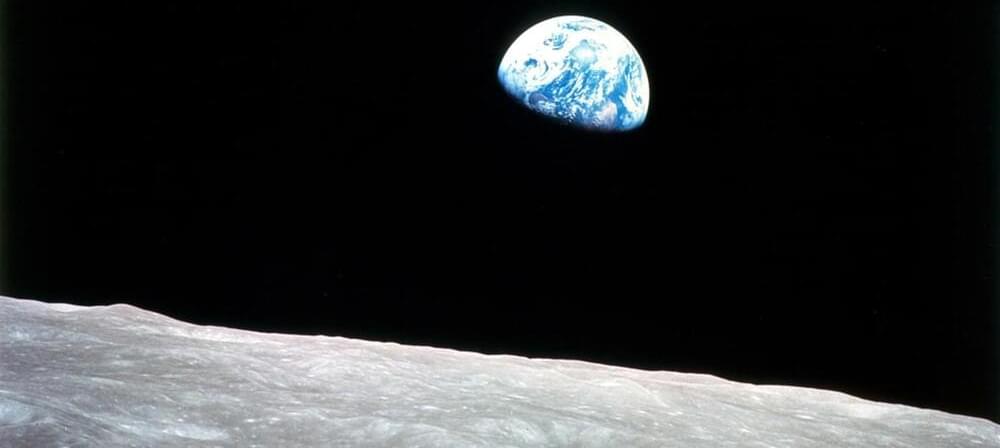Aug 16, 2024
Urgent Call to Protect Southern Ocean as Human Impact Grows
Posted by Laurence Tognetti, Labroots Inc. in categories: climatology, existential risks, sustainability
How can scientists protect biodiversity across the Earth while climate change continues to ravage the planet? This is what a recent study published in Conservation Biology hopes to address as an international team of researchers investigated how conservation efforts within the Southern Ocean should be addressed due to human activities (i.e., tourism, climate change, and fishing). This study holds the potential to help scientists, conservationists, and the public better understand the negative effects of human activities on the Earth’s biodiversity, specifically since the Southern Ocean is home to an abundance of species.
“Despite the planet being in the midst of a mass extinction, the Southern Ocean in Antarctica is one of the few places in the world that hasn’t had any known species go extinct,” said Sarah Becker, who is a PhD student in the Department of Environmental Studies at the University of Colorado Boulder (CU Boulder) and lead author of the study.
For the study, the researchers used the Key Biodiversity Area (KBA) standard—which used to identify sites of vital importance to preserving biodiversity—to examine species within the Southern Ocean. After analyzing tracking data for 13 Antarctic and sub-Antarctic seabirds and seals, the researchers found a total of 30 KBAs existed within the Southern Ocean, specifically sites used for migration, breeding, and foraging. This study improves upon previous research that identified KBAs on a macroscale, whereas this recent study focused on sites at the microscale. The researchers hope this study will help raise awareness for mitigating fishing activities in these areas along with developing improved conservation strategies, as well.
















